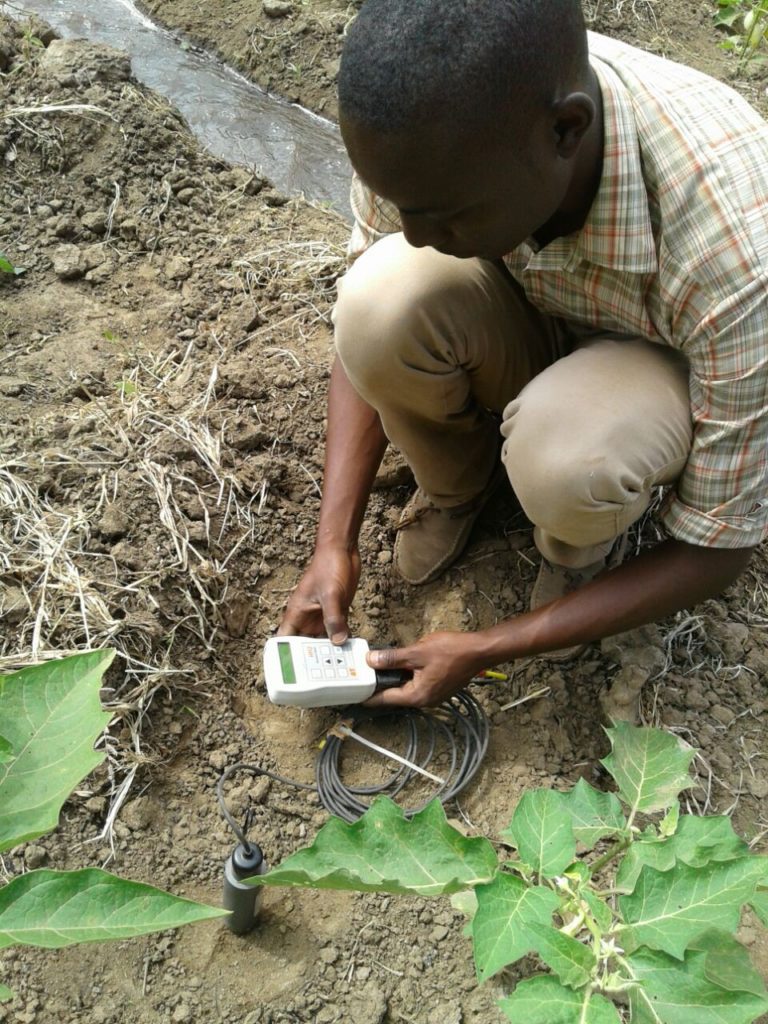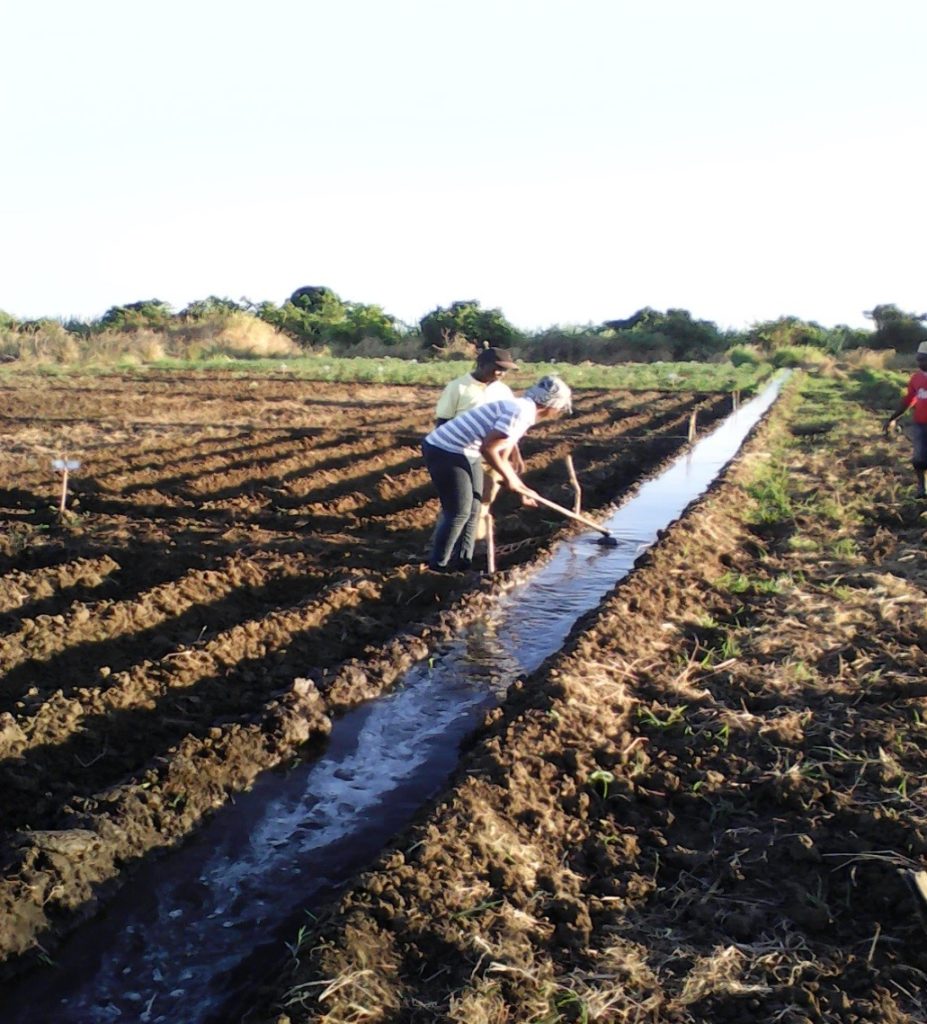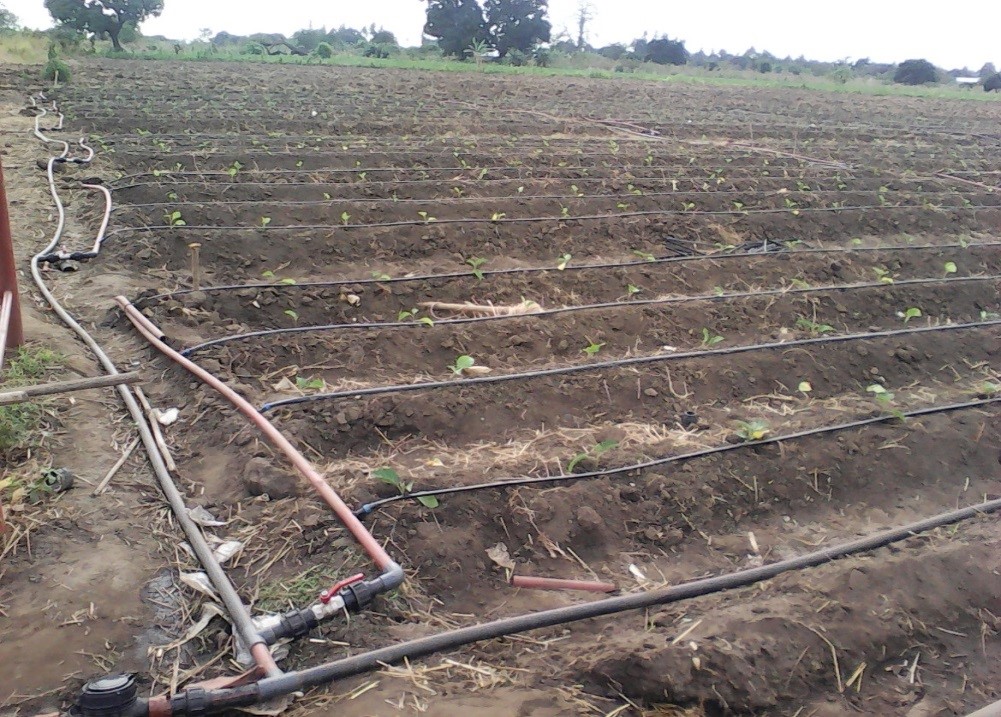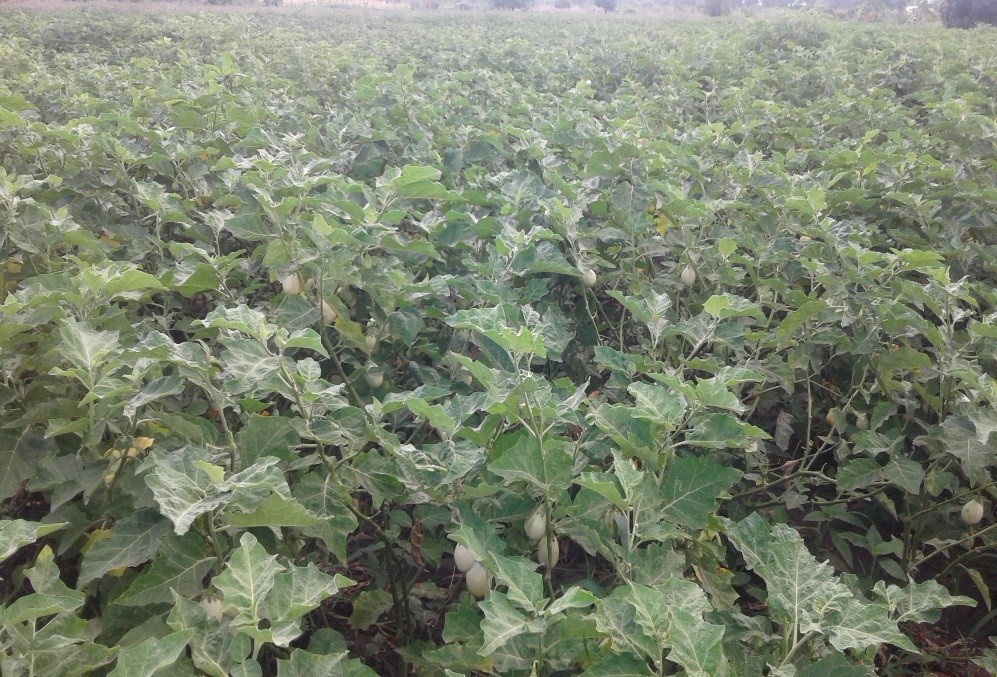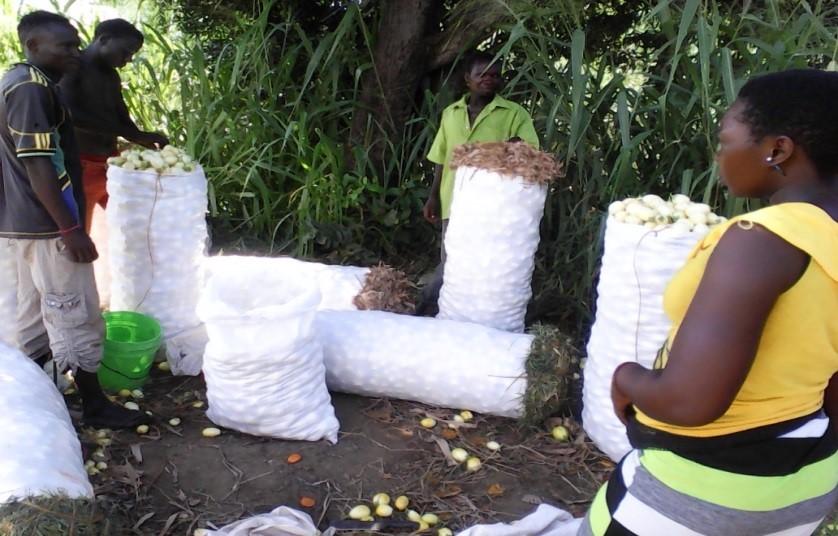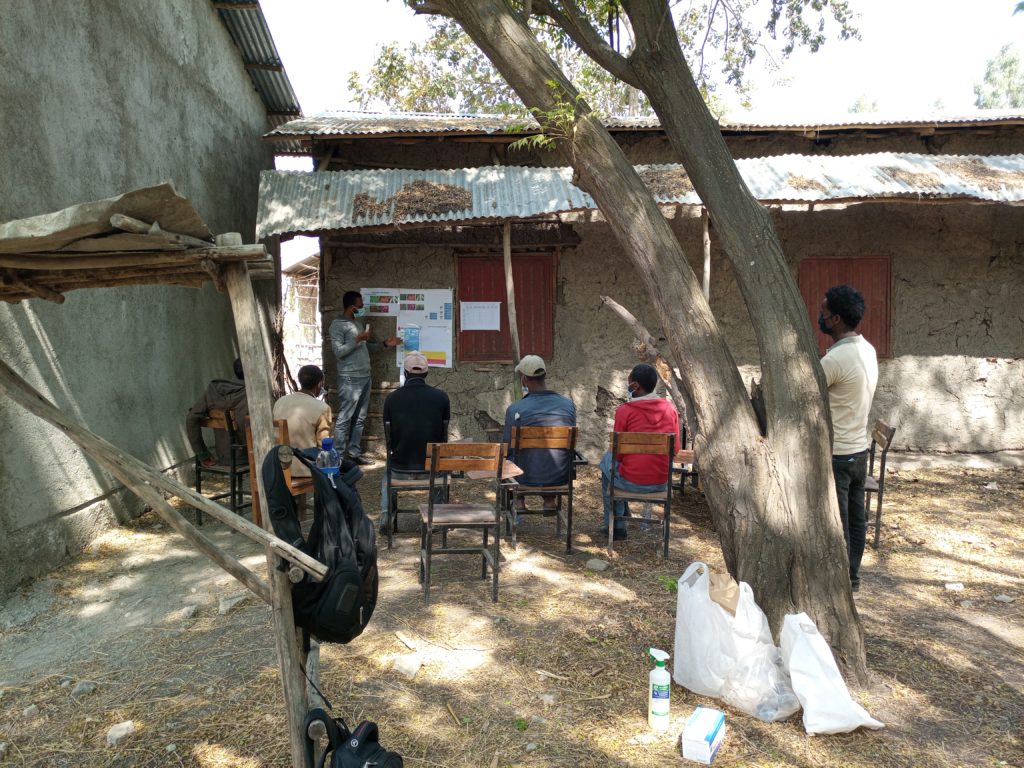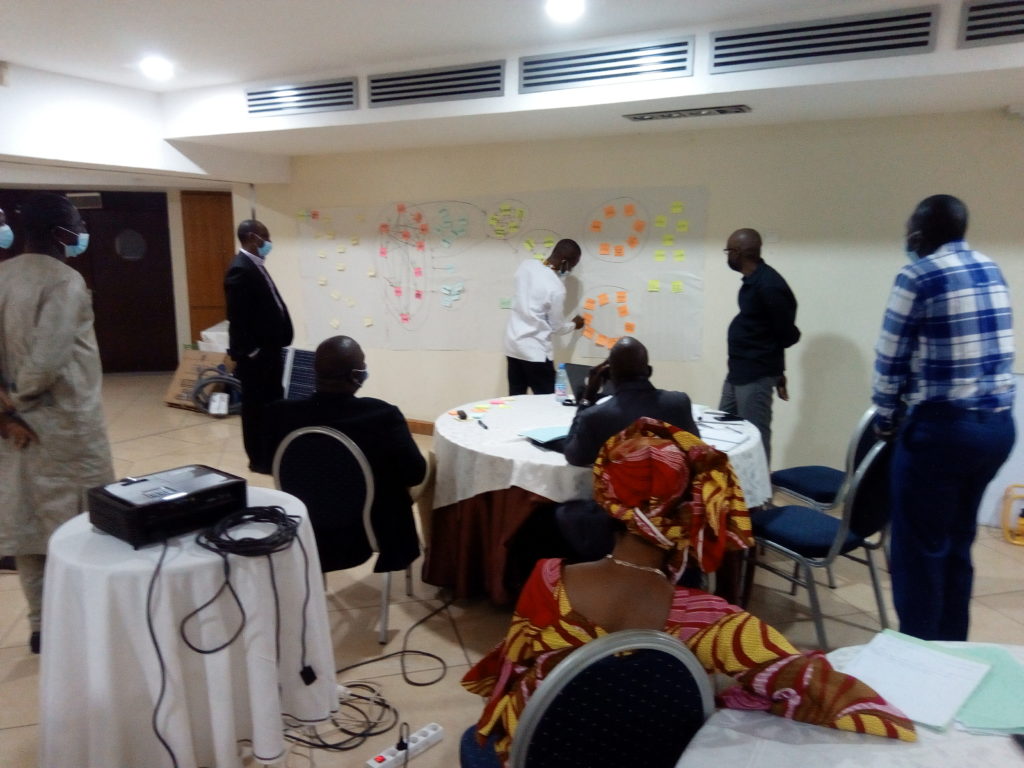Irrigation equipment markets: Potential finance and business models in the cocoa value chain
Background and focus
Irrigation systems provide farmers with an opportunity to improve crop and water productivity, maximizing crop yields and quality, while carefully managing scarce water resources. However, most small-scale irrigators lack information on technologies and practices for improved water management. These irrigators are also located in remote areas with under-developed irrigation equipment supply chains. In addition, some value chains have not yet introduced irrigation; some crops continue to be considered rainfed despite increasing dry spells and changing weather patterns. Overall, farmers lack easy access to irrigation equipment, services and information, and these conditions are further exacerbated by high transaction costs in accessing other agriculture input markets (e.g. seeds, fertilizers, post-harvest processing) and output distribution channels. Such on-farm and off-farm agronomic and market challenges ultimately hinder adoption of environmentally suitable and sustainable agricultural production. Across Ghana, many gaps will need to be addressed to contribute to improvements in agriculturally-based livelihoods and agriculture-based economic growth.
One value chain that could benefit from supplemental irrigation is cocoa. While cocoa has been and continues to be important to Ghana’s economy, production is being negatively affected by climate change. Predictions suggest that cocoa will become increasingly less viable over the next couple of decades if production methods do not change. Irrigation provides one climate mitigation strategy for cocoa production, in both replacing cocoa seedlings on farms and in improving yields and quality, particularly in secondary seasons. In addition, irrigation can be used to inter-crop cocoa with high value vegetables. Through these approaches, irrigation could improve cocoa farmers’ income. Moreover, through an income pathway, there is potential to strengthen nutritional security for members of cocoa producing households.
Cocoa producers in Ghana rely almost entirely on rainfed production across all seasons. Therefore, very little information is available to assess the economic and environmental viability of irrigated cocoa at multiple scales. More data is needed to conduct cost-benefit assessments and to develop irrigated cocoa business models at farm level.
This internship would focus on assessing the farm level, financial feasibility for irrigated cocoa production. Under supervision of an irrigation equipment supplier, the intern would collect data on Solar Powered Irrigation System (SPIS) pilot farms and contribute to analysis of the data from a marketing perspective. The resulting information would help to identify potential business models and/or finance models for a strategy to market irrigation equipment in the cocoa value chain.
Supervision arrangements and resources: The intern would work directly with PEG Africa (interface of marketing and water) and in collaboration with the International Water Management Institute (IWMI), under the Feed the Future Innovation Lab for Small Scale Irrigation. The intern will be based with PEG Africa Ghana and hold periodic meetings with IWMI regarding the data collection and analysis, as well as participate in occasional workshops and related mentoring activities. The position offers an intern the opportunity to develop data collection and real-world business skills, while also gaining access to professional networks and mentorship. A small stipend and field costs are covered to enable the intern to carry out expected tasks. The period of the internship is expected to be for one year.
Intern roles and activities
- Support identification of cocoa farm(s) to trial solar pumps.
- Collect baseline and seasonal data from experimental and control farms including yields, farm characteristics (e.g. soil composition, production activities etc.) and socio-economic indicators (including revenue and income) to help with ex-ante analysis; Data includes cocoa and inter- cropped high value crops.
- Contribute to analysis of data toward designing financial products and payment plans for SPIS.
- Contribute to data collection and analysis of farmer payment trends for SPIS noting on- and off-farm factors impacting farmers’ ability to pay.
- Contribute to cost-benefit analysis and marketing analysis as an input to development of workable business and finance models that will enable development of irrigation supply chains in the cocoa sector.
Requirements
- Relevant degree in business, agricultural economics, crop science, sociology or related social science, and/or marketing. Degree level should be MSc, MPhil or MBA. Preference will be given to those having recently completed the degree (within the past 24 months).
- Academic or work experience with agriculture, cocoa agronomy, agro-value chains, agri- business is preferred, but not required. Applicants without a related degree or work experience must have evidence of a strong desire to transfer skills into the agriculture sector.
- Work experience in the cocoa sector post-bachelor degree may be substituted for MSc or MBA degree.
How to apply
Your application must include one A4 page cover letter that explains why you are interested in applying and what you can offer, a copy of your curriculum vitae and a list of two professional referees and their contact information who may be contacted if you are shortlisted for the position.
The application materials must be submitted in one PDF file to Ms. Abena Ofosu (IWMI Ghana) via email: A.Ofosu@cgiar.org
The deadline for submission is 17:00 GMT on April 10, 2021. Please indicate in the subject of the email: ‘Application for internship with PEG Africa – Cocoa value chain’’.
This is a nationally recruited intern position, and only candidates who are eligible to work in Ghana will be considered. Please note that only shortlisted candidates will be contacted.

